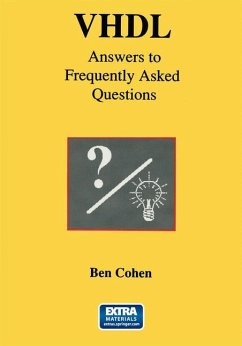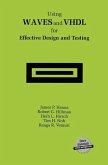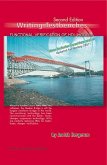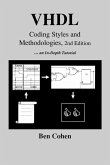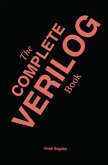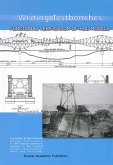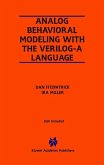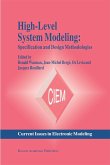VHDL Answers to Frequently asked Questions is a follow-up to the author's book VHDL Coding Styles and Methodologies (ISBN 0-7923-9598-0). On completion of his first book, the author continued teaching VHDL and actively participated in the comp. lang. vhdl newsgroup. During his experiences, he was enlightened by the many interesting issues and questions relating to VHDL and synthesis. These pertained to: misinterpretations in the use of the language; methods for writing error free, and simulation efficient, code for testbench designs and for synthesis; and general principles and guidelines for design verification. As a result of this wealth of public knowledge contributed by a large VHDL community, the author decided to act as a facilitator of this information by collecting different classes of VHDL issues, and by elaborating on these topics through complete simulatable examples. This book is intended for those who are seeking an enhanced proficiency in VHDL. Its target audience includes: 1. Engineers. The book addresses a set of problems commonly experienced by real users of VHDL. It provides practical explanations to the questions, and suggests practical solutions to the raised issues. It also includes packages to achieve common utilities, useful in the generation of debug code aDd testbench designs. These packages include conversions to strings (the IMAGE package), generation of Linear Feedback Shift Registers (LFSR), Multiple Input Shift Register (MISR), and random number generators.
Bitte wählen Sie Ihr Anliegen aus.
Rechnungen
Retourenschein anfordern
Bestellstatus
Storno

